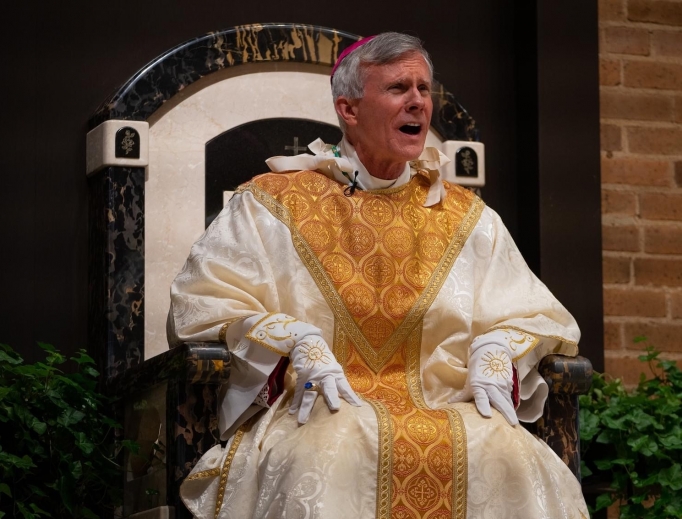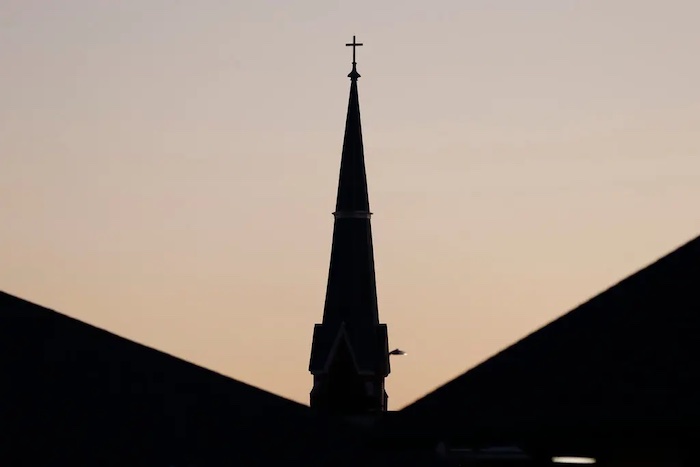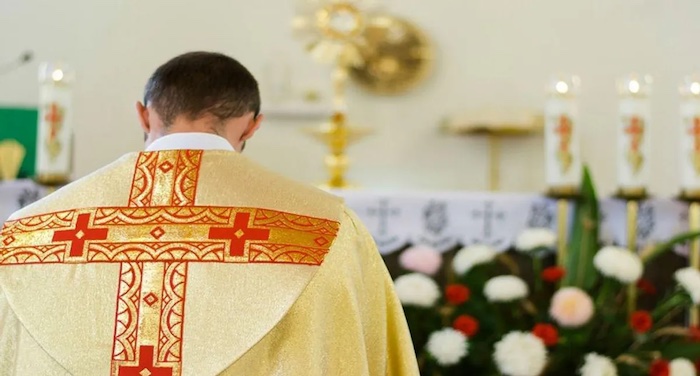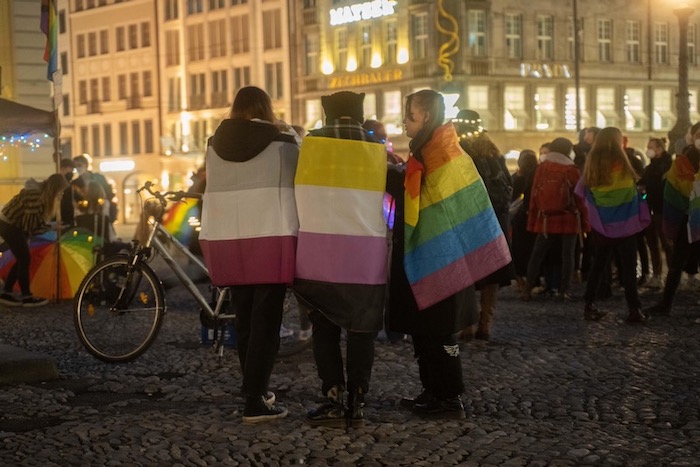— Protestant-run boarding schools declined to respond to request for details from The Irish Times
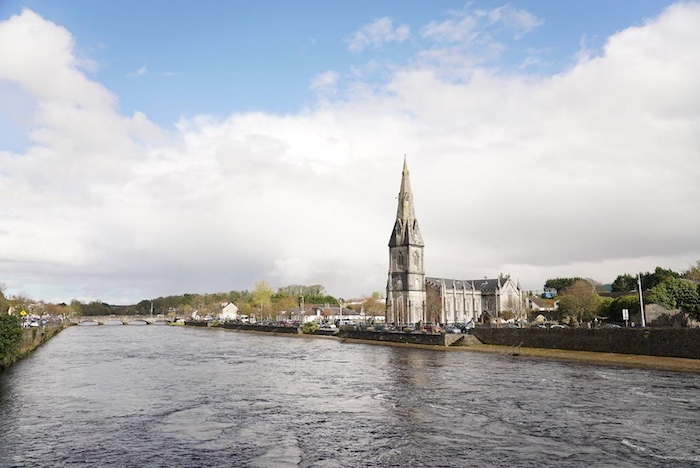
The sexual abuse of boys at boarding schools in Ireland was not confined to those run by religious congregations such as the Spiritans, Jesuits, Dominicans, Vincentians, Carmelites or Benedictines. Such abuse has also taken place in diocesan colleges run by local Catholic clergy, or junior seminaries as they were also called. Run by almost every Catholic diocese in Ireland, such colleges were usually where its priests and bishops were recruited. In recent years however, due to the clerical child sex abuse crisis, it has become practice to appoint new bishops from outside each diocese as it was felt familiarity with abuser priests encouraged cover-ups in the past.
It is unknown how many boys were sexually abused in these boarding schools, but The Irish Times, with the co-operation of Catholic Church authorities, has established that in this jurisdiction 19 such diocesan colleges have faced sexual abuse allegations against a total of 44 priests. Some 33 of these directly involve the local diocesan college, with similar allegations against a further 11 diocesan priests at other schools in the dioceses.
There are 26 Catholic dioceses on the island of Ireland, with the diocesan colleges of Derry, Armagh, Down and Connor, and Dromore in Northern Ireland. In the Republic of Ireland, neither the Archdiocese of Dublin, the Archdiocese of Cashel and Emly, nor the diocese of Waterford and Lismore had diocesan colleges.
Of the 19 remaining dioceses contacted for relevant details by The Irish Times, only Cloyne failed to supply details as to whether abuse allegations were made against priests at its diocesan college, St Colman’s in Fermoy, Co Cork. However, it is known that at least one priest at St Colman’s College faced abuse allegations, which led to High Court proceedings in 2008. The case was settled when St Colman’s College paid damages to the former pupil.
[ Survivors of abuse at fee-paying schools invited to come forward ‘without fear’ to scoping inquiry ]
In the diocese of Galway, eight priests faced sexual abuse allegations at its schools, of which five faced allegations from their period teaching at St Mary’s Diocesan College in the city. There were also allegations against three further priests at other schools in the diocese. All allegations were reported to civil authorities.
None of the accused priests in Galway faced prosecution while “some” were sanctioned by the Church. “Total costs in relation to all school-related cases was under €100,000. This was paid from non-parish related monies,” the diocese said.
The associated Clonfert diocese has received no allegations against priests who taught at its diocesan college, St Joseph’s, Garbally, in Ballinasloe.
:quality(70)/cloudfront-eu-central-1.images.arcpublishing.com/irishtimes/FZVZRLK5M5E73EM7CMRSUJO664.png)
In Elphin diocese’s Summerhill College, Sligo, and St Aloysius College, Athlone, child sex abuse allegations were made against three priests. In four other cases allegations was either withdrawn or not sustained. All allegations were reported to civil authorities with no prosecutions following. No financial settlements were made by the diocese arising from any allegations.
In Ferns diocese, allegations of child sexual abuse were made against three priests concerning their time as teachers at St Peter’s College, Wexford, with allegations also against two priests at other schools in the diocese. All allegations were reported to civil authorities with one priest convicted in the courts, while two of the priests were laicised (dismissed from the clergy) by the Church.
Settlements were reached with 15 people who made allegations of sexual abuse by the Ferns priests, 12 following their abuse at St Peter’s College. The amounts involved were not made available by the diocese.
In Kilmore diocese, three priests who were teachers at St Patrick’s College, Cavan, were accused of child sexual abuse and another priest/teacher there was accused of unspecified abuse. He was also accused of unspecified abuse at another school in the diocese. All accused priests are deceased.
All cases were reported to civil authorities, but just one was fully investigated and it did not lead to a prosecution. The priest under investigation left the priesthood. One priest had died before an investigation could take place and the other died before an investigation was completed. There were no settlements in any of the cases.
The diocese of Cork and Ross recorded allegations against three priests who were on the teaching staff of St Finbarr’s Diocesan College, Farranferris, and against two other priests on the staff of two other schools in the diocese. All allegations were reported to the civil authorities.
One accused priest was prosecuted and convicted in relation to abuse in a parish before he was also accused of sexual abuse at St Finbarr’s. He was laicised and is deceased. No criminal prosecutions were initiated in connection with allegations at St Finbarr’s College or at the other schools. There have been no settlements in any of the cases.
Three priests at St Jarlath’s, Diocesan College of Tuam Archdiocese, faced abuse allegations; while one priest did so involving another school in the Archdiocese. All were reported to civil authorities. One of the St Jarlath’s priests was convicted in the courts while all three accused there faced sanction by the Church. Settlements of €60,000 were made with two men arising from the abuse allegations at St Jarlath’s.
At St Macartan’s in Monaghan, Diocesan College of Clogher diocese, two priests were accused of sexual abuse. Both were reported to the civil authorities with no prosecutions arising and no settlements were paid by the diocese.
Two priests at St Nathy’s College, Ballaghaderreen, Co Roscommon, Diocesan College of Achonry diocese, faced allegations of child sexual abuse, as did a priest at another school in the diocese. Both priests accused of abuse at St Nathy’s were deceased when allegations against them were received by the diocese. All cases were reported to civil authorities.
Two child sexual abuse allegations were received by the diocese concerning the priest accused of abuse at another school in the diocese. A “substantial figure” was paid out by the diocese as settlement in relation to one of the allegations while a settlement was also paid by the Redress Board.
Allegations were received against one priest who worked at St Finian’s College, Mullingar, Diocesan College of Meath diocese, after his death. Allegations concerning another priest there were found by An Garda and Tusla to be “completely untrue and without any foundation whatsoever”. A settlement of €50,000 was agreed in the former case.
At St Brendan’s Killarney, Diocesan College of Kerry diocese, one priest was accused of child sexual abuse. He was reported to the civil authorities but did not face prosecution. He was sanctioned by the Church. No settlement was involved. No allegations about priests had been made at St Michael’s College, Listowel, also a Diocesan College of Kerry diocese.
Two priests were accused of child sexual abuse at St Munchin’s Diocesan College in Limerick. Both were reported to civil authorities, with one prosecution. One was removed from ministry. There were no settlements in these cases.
One priest was accused of child sex abuse at St Mel’s, Longford, Diocese College of Ardagh and Clonmacnoise diocese. He was reported to civil authorities but faced no prosecution or Church sanction.
At St Muredach’s in Ballina, Co Mayo, Diocesan College of Killala diocese, one priest faced child sex abuse allegations. He was reported to civil authorities but was not prosecuted, nor was he sanctioned by the Church. The diocese paid out €100,000 in settlement due to the abuse.
Similarly, one priest at St Kieran’s in Kilkenny, Diocesan College of Ossory diocese, faced abuse allegations. He was reported to the civil authorities but there was no prosecution, nor was he sanctioned by the Church.
At St Flannan’s in Ennis, Diocesan College of Killaloe diocese, one priest faced abuse allegations. He was reported to civil authorities but, as he was deceased by the time the allegations emerged, he faced no prosecution or sanction by the Church. A settlement was agreed in this case but details were “not specified for GDPR reasons”.
No priest at St Eunan’s in Letterkenny, Co Donegal, Diocesan College of Raphoe diocese, faced abuse allegations but one priest faced accusations of abuse at another school in the diocese. These were reported to civil authorities, with no prosecution. The priest was sanctioned by the Church.
There have been no allegations of child sexual abuse against priests who taught at St Mary’s Knockbeg College, Carlow, Diocesan College of Kildare and Leighlin diocese.
No response from Protestant boarding schools
Repeated attempts over recent months by The Irish Times failed to get any response to a request for details surrounding allegations of child sexual abuse at what were or are Protestant boarding school for boys in the Republic.
The schools contacted were Bandon Grammar School Cork, Kilkenny College, Dundalk Grammar School, Rathdown School Dublin, Midleton School Cork, Wilson’s Hospital Westmeath, Villiers School Limerick, King’s Hospital School Dublin, Sligo Grammar School, St Columba’s College Dublin, Wesley College Dublin.
It is not as though sexual abuse was unknown in such schools. In his autobiography Full On, broadcaster and former government minister Ivan Yates describes his years at the since-closed Protestant boarding school Aravon in Rathmichael, Co Dublin, as “unremitting torture”, where he was sexually abused by the owner and headmaster, Charles Mansfield.
In 2016 eight pupils were suspended pending the outcome of an investigation at King’s Hospital School in Dublin into allegations that a teenage boy there had been sexually assaulted.
In 2008 King’s Hospital was party to six figure settlements, along with Swim Ireland, involving 13 female victims of convicted sex abuser Derry O’Rourke, who had been employed by the school as a swimming coach. The victims claimed O’Rourke was allowed remain there despite several complaints about him to the school from 1973.
Complete Article ↪HERE↩!

